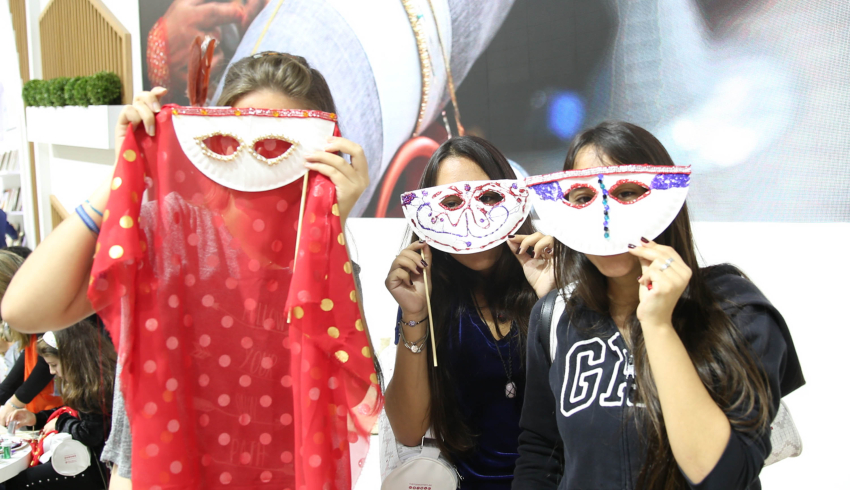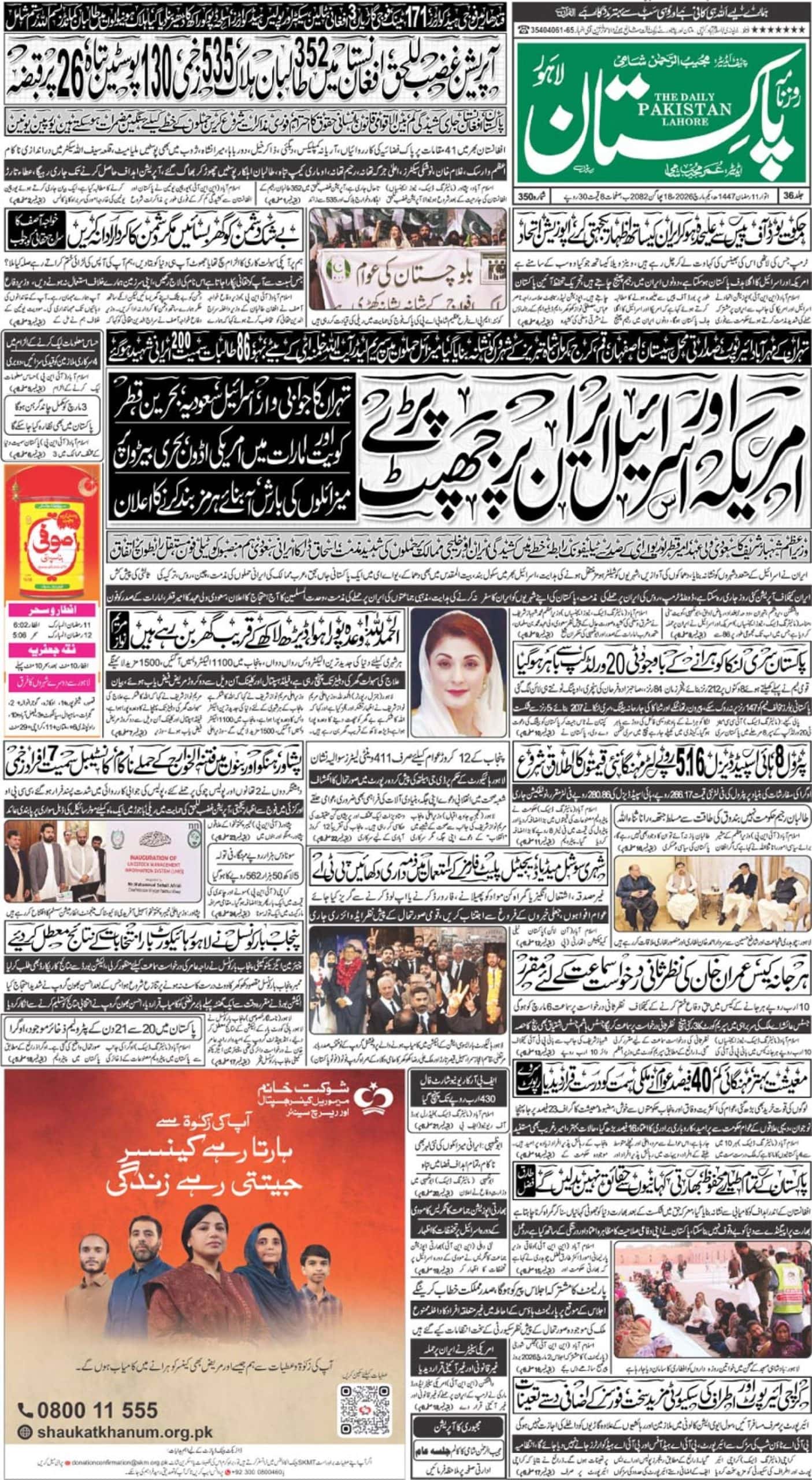SAO PAULO – Brazil’s indigenous cultures employed masks long before their big carnivals made the country famous for them, and began attracting millions of tourists from around the world.
The Irthi Contemporary Crafts Council (Irthi), an affiliate of the UAE-based women’s advancement organisation NAMA, is at the 25th Sao Paulo Book Fair currently underway and is hosting workshops for the fair’s young visitors to see a national symbol in a new light.
On Sunday, Irthi organised a creative mask-making workshop for children aged 6-16. The Children created masks using elements of traditional crafts and fabrics from the UAE and were introduced to the ‘Burqa’, a traditional, face mask integral to the Emirati woman’s social and cultural identity. They also learned about the UAE’s traditional handicrafts mostly practiced by women like the art of Talli embroidery (hand-woven braids) and Safeefah (palm-frond weaving).

Through the activity, its young participants learned about an aspect of the UAE’s heritage and how it shares a few common traits with Brazil.
Reem BinKaram, Director of NAMA said: “Calendar favorites at Sao Paulo International Book Fair include an array of activities delivered by Irthi Contemporary Crafts Council in celebration of Sharjah as the book fair’s first-ever guest of honor. Our participation is aimed at bringing the beauty and authenticity of the UAE’s heritage to another culture, and develop an understanding and appreciation for it in Brazil. We also hope our participation will lead us to new business opportunities and introduce us to Brazilian entities working with local crafts.”
The day after (Wednesday), Irthi is organising a basket-making workshop for children, another Brazilian tradition which consists of hand-weaving bamboo to make baskets, vase-shaped containers and other types of traditional Brazilian handcrafts. Emirati artisans of Bidwa will fuse this process by creating baskets using the art of Safeefah (palm-frond weaving), and teach children how to decorate them using fabrics and materials from the UAE.

The pavilion shared by Irthi and Sharjah Institute for Heritage is designed to maximise people’s interactions with the artisans, and have a close look at their intricate crafting skills. Irthi has installed smart tablets across the periphery of their exhibition stand featuring interactive digital booklets offering a reference point for visitors who want to learn about the history of traditional Emirati crafts of Talli, Safeefah, Henna, and others.
Six artisans from Irthi’s ‘Bidwa’ Social Development Programme and another five from the Emirates Handicraft Centre at the Sharjah Institute for Heritage are giving live demonstrations from 9:00 am to 10:00 pm every day on a variety of traditional Emirati crafts like Talli (hand-woven braids), Safeefa (palm frond weaving), Henna art, Doll-making, Taboosh, and Burqa-making, among others.













